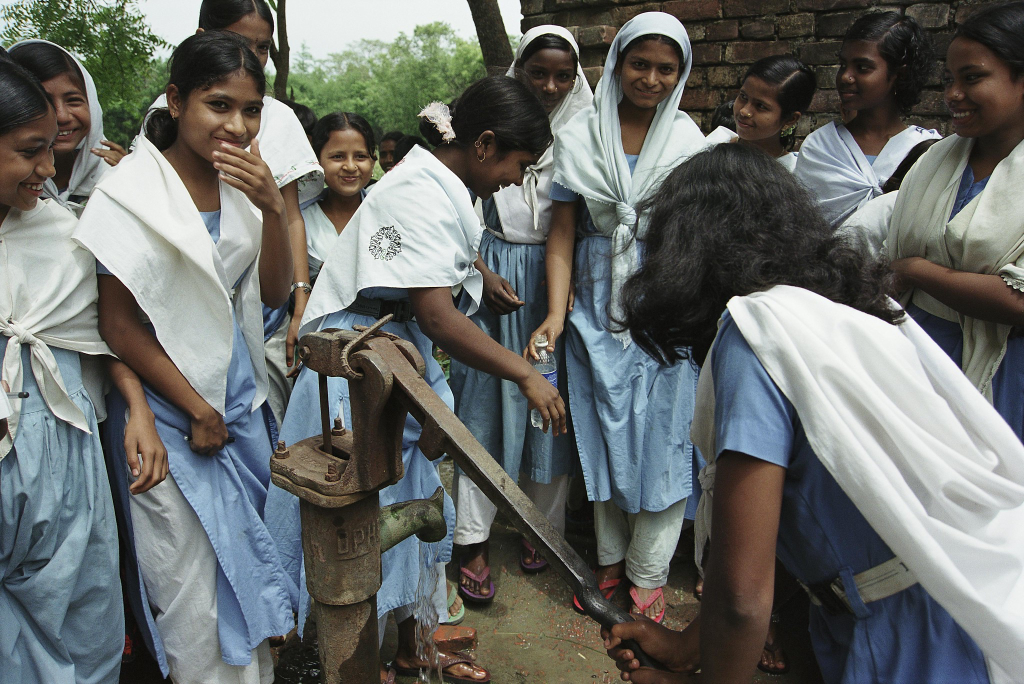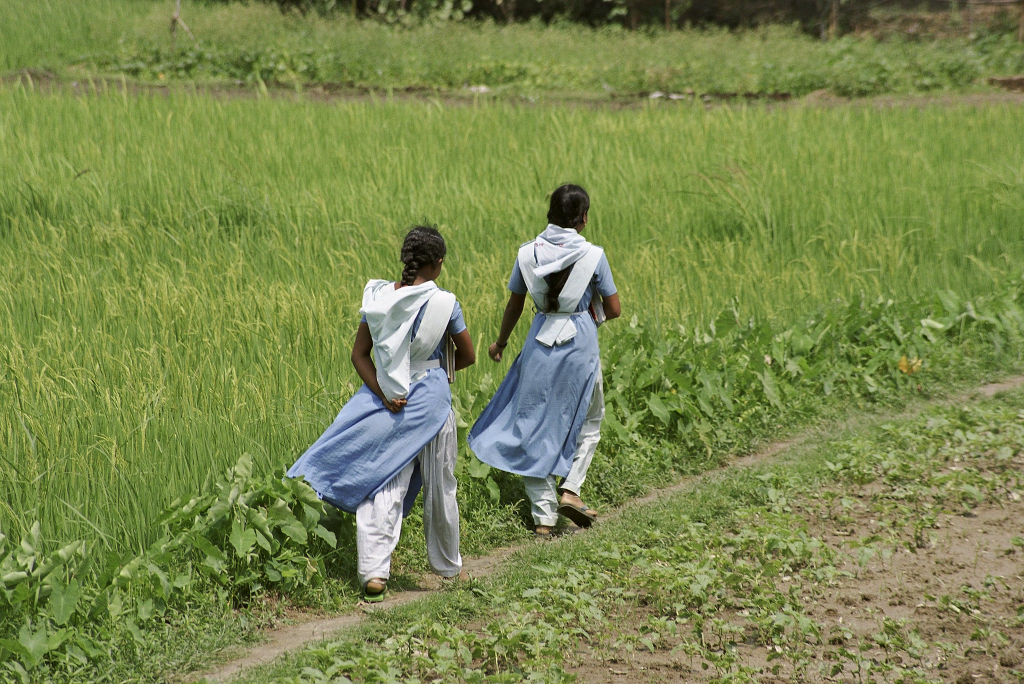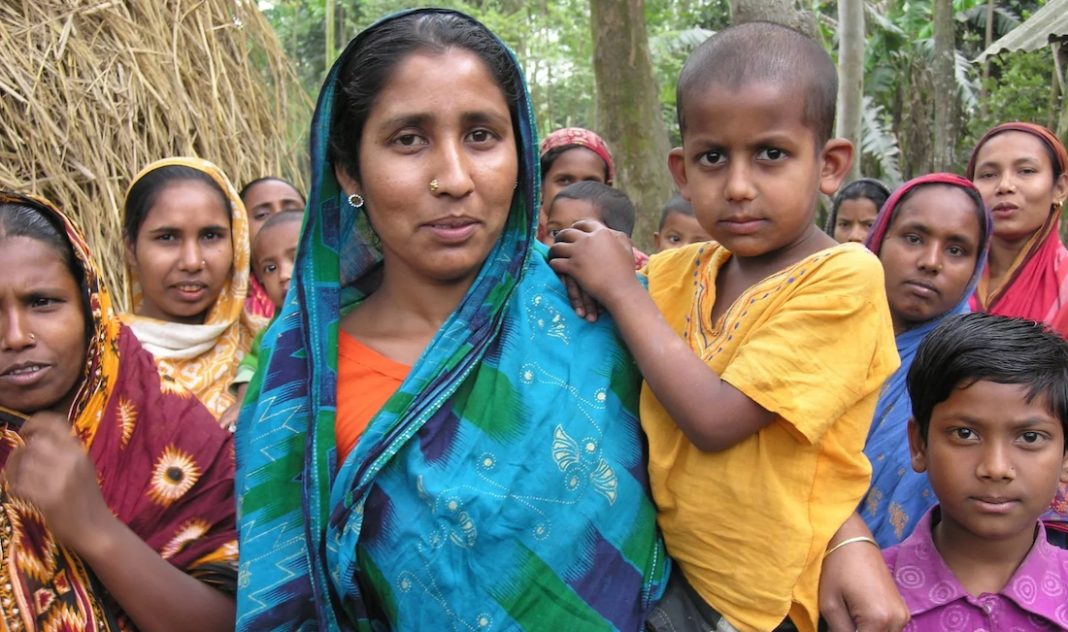Bangladesh, a country rich in history and culture, is forging ahead in the global arena, propelled by its commitment to education. In this essay, we delve into the transformative power of education in Bangladesh, exploring its significance in shaping the nation’s future, fostering economic growth, and promoting social equity.
New York, N.Y. Education stands as the cornerstone of Bangladesh’s development journey, with significant strides made in recent decades. Despite facing numerous challenges, including poverty, limited resources, and natural disasters, Bangladesh has prioritized education as a means of empowerment and progress. The nation’s commitment to education is evident in its policies, investments, and grassroots initiatives aimed at expanding access to learning opportunities for all.

One of the most compelling aspects of education in Bangladesh is its role in breaking the cycle of poverty.
Education empowers individuals to transcend socioeconomic barriers, providing them with the knowledge, skills, and confidence needed to pursue better livelihoods.
By investing in education, Bangladesh is investing in its people, equipping them with the tools to contribute meaningfully to society and participate in the global economy.
Moreover, education serves as a catalyst for economic growth and innovation. A well-educated workforce fuels productivity, drives technological advancements, and attracts foreign investment.
Bangladesh’s thriving garment industry, for example, has benefited from a skilled labor force educated in vocational training programs. By nurturing a culture of lifelong learning and skill development, Bangladesh is positioning itself as a competitive player in the global marketplace.

Education also plays a pivotal role in promoting social equity and inclusivity. In a diverse society like Bangladesh, education serves as a bridge between different communities, fostering understanding, tolerance, and respect. By providing quality education to marginalized groups, including girls, minorities, and children from rural areas, Bangladesh is fostering a more inclusive society where everyone has the opportunity to succeed.
The empowerment of women through education is a particularly powerful driver of progress in Bangladesh. Historically, women in Bangladesh have faced numerous barriers to accessing education, including cultural norms, early marriage, and lack of resources.
However, concerted efforts by the government, NGOs, and grassroots organizations have led to significant improvements in girls’ education rates. Educated women are more likely to participate in the workforce, make informed decisions about their health and well-being, and advocate for gender equality. As a result, investing in girls’ education not only benefits individuals but also strengthens families, communities, and the nation as a whole.

Furthermore, education plays a vital role in environmental sustainability and resilience. Bangladesh is one of the most vulnerable countries to climate change, facing threats such as rising sea levels, cyclones, and floods. Education empowers communities to adapt to environmental challenges, implement sustainable practices, and mitigate the impacts of climate change. By integrating environmental education into school curricula and promoting eco-friendly initiatives, Bangladesh is fostering a culture of environmental stewardship and resilience.

In addition to its tangible benefits, education also has intrinsic value, enriching individuals’ lives and expanding their horizons. Through education, people gain a deeper understanding of the world, cultivate critical thinking skills, and develop a lifelong passion for learning. Education not only prepares individuals for their careers but also equips them to be informed citizens, active participants in democracy, and agents of positive change.
Despite the progress made, challenges remain in ensuring universal access to quality education in Bangladesh. Issues such as inadequate infrastructure, teacher shortages, and disparities in educational attainment persist, particularly in rural and remote areas. Furthermore, the COVID-19 pandemic has exacerbated existing inequalities and disrupted learning for millions of children across the country. Addressing these challenges requires sustained investment, innovative approaches, and collaborative efforts from government, civil society, and the private sector.
Education is not merely a pathway to success but a fundamental human right and a catalyst for national development. In Bangladesh, education is empowering individuals, driving economic growth, promoting social cohesion, and fostering environmental sustainability. By investing in education, Bangladesh is investing in its future, ensuring a brighter and more prosperous tomorrow for generations to come. As the nation continues on its journey of progress, education will remain a guiding light, illuminating the path towards a more inclusive, equitable, and resilient society.
Empowering Bangladesh: The Crucial Role of Education




